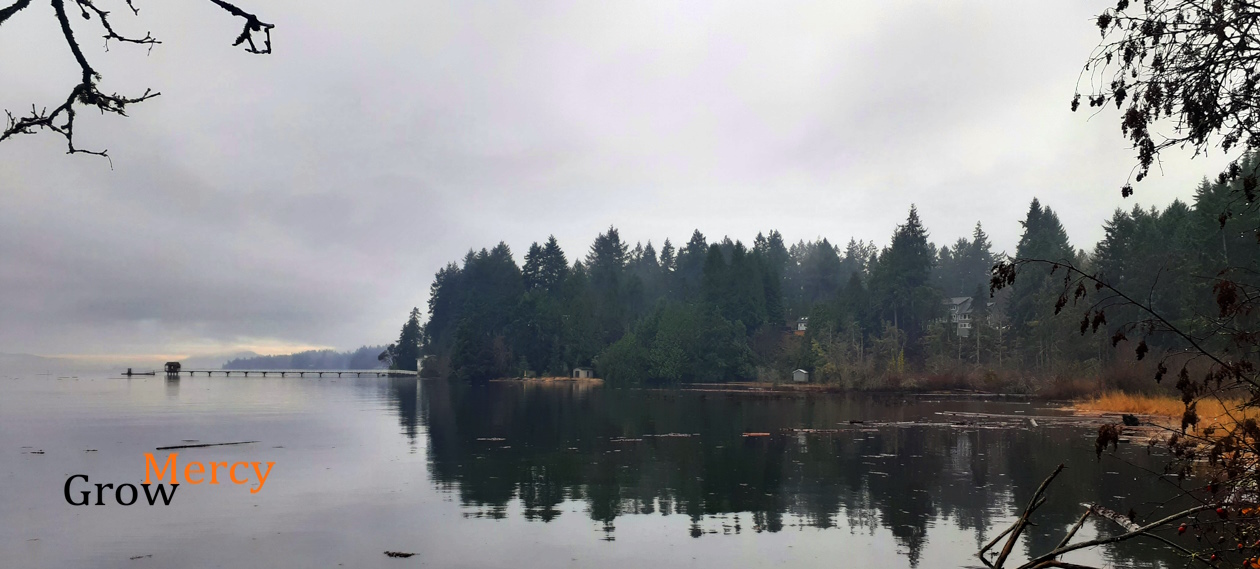When I was in grade six, there was a group of us that picked on Colin. Colin was in our class and always got better grades than everyone else. He was also ungainly and preferred sticking to himself. In short, Colin was a "natural" outcast.
I remember one day agreeing with a few of the bigger boys in our group to corner him after school and beat him up. Colin somehow smelled our plan and when the bell rang to end class he was the first one out the front doors, running as fast as he could to his house a few blocks away. But I was a fast runner. I caught and tackled him before he made it out of the school grounds. The other boys, having caught up to us, began to beat him up while I stood there watching.
The utterly detestable thing about this, besides the act itself, was that at the time, I had no remorse for Colin, only relief that it wasn’t me flailing away on the ground. I knew my action gave me a place within the group; but I remember having the vague feeling that without Colin around I might have been the target. In some twisted way I needed Colin to occupy this place.
I’ve since learned from anthropologist Rene Girard, that Colin was our "scapegoat". In some elemental way our identity was bound up by being something that Colin wasn’t. And so, while he was the "outcast" he was also the thing that unified and solidified our group. For a while at least, any conflicts in our group could be solved by a new round of bullying, or "scapegoating" Colin.
Now while we pretty much knew that abusing Colin in this way was wrong, we didn’t understand the dark dynamics of our involvement in this "scapegoating violence". We didn’t know, as Rene Girard has shown, that this "scapegoating mechanism", in all its limitless permutations, is at the bottom of all kinds of "power plays" and power structures, from schoolyard bullying to "office politics", from church splits to gang wars, and from the creation of cultures to the founding of religions.
We didn’t know because the mechanism has an uncanny ability to stay hidden when we are personally caught up in it. It’s usually only when confronted by our own deep complicity in scapegoating violence that we are able to choose another way. Mercifully, there is a story that can confront us, and begin to heal us. (Continued)
Technorati Tags: Rene Girard, Scapegoating, Bullying, Atonement, Christianity, Religion, Spirituality, Violence

I loved your confession
We do make an awful lot of bad choices based on our desire to fit in or to not be the last and the least of these.
Piling on the victim is a powerful dynamic
Simone Weil compared us to henhouse chickens who attack and peck mercilessly a wounded housemate.
I wholeheartedly support your wish and efforts for humanity to get past this stage so we can enter in more fully the promised Kingdom of God.